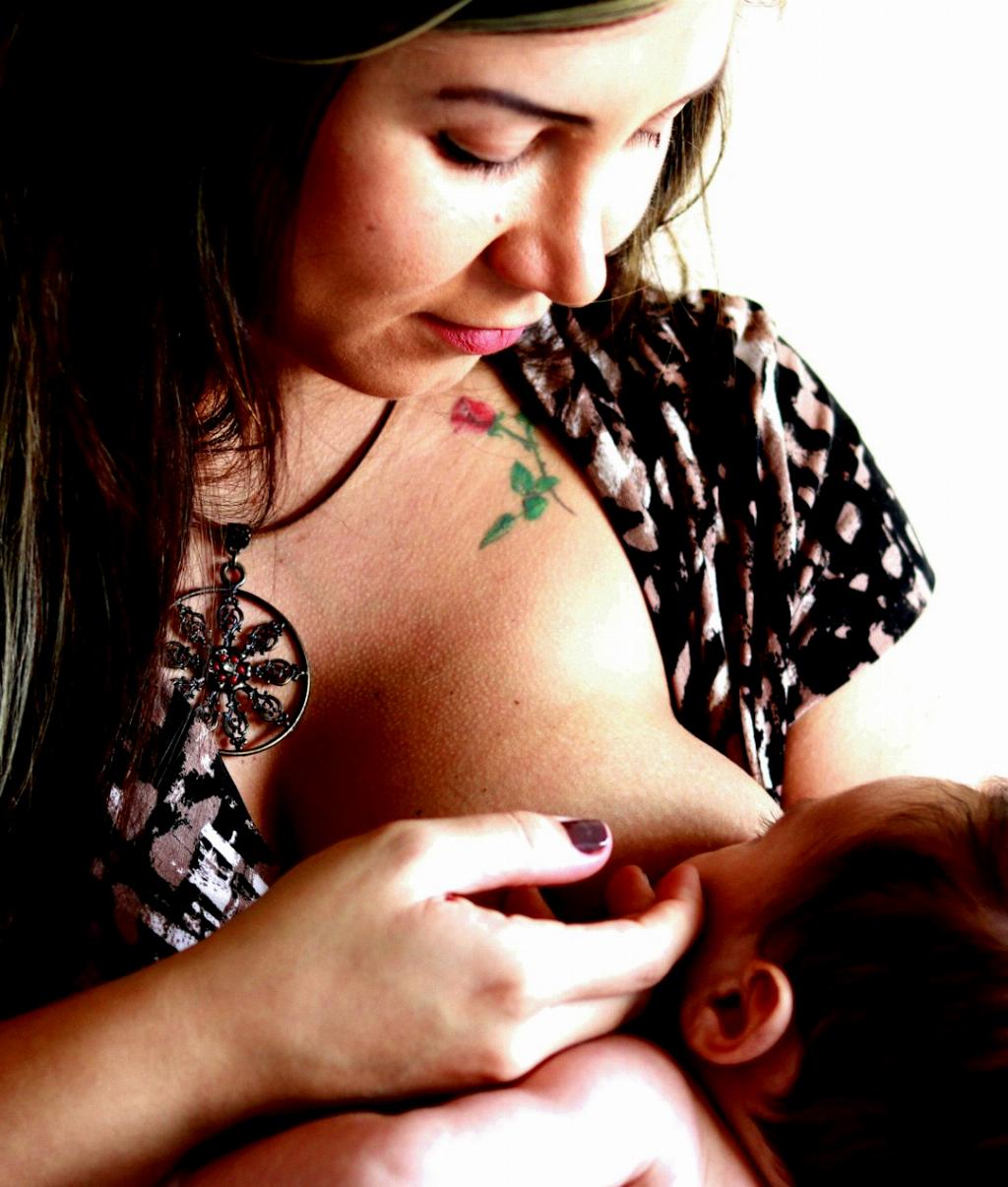When it comes to the safety of probiotics for newborns, it’s important to consider a few key factors that can influence the decision to introduce these supplements to your baby’s diet. While probiotics contain good bacteria that are naturally found in breast milk and baby formula, the age of the newborn plays a critical role in determining whether or not probiotics are safe for consumption.
Research suggests that introducing probiotic supplements to newborns before the age of six months may not be ideal. The developing immune system and digestive system of a newborn are delicate and still maturing during the first few months of life. As a result, it is generally recommended to hold off on probiotic supplements until your baby is older than six months old.
However, it is essential to note that some pediatricians may recommend probiotics for newborns under certain circumstances, such as when a baby is born prematurely or has a weaker immune system. In such cases, the decision to use probiotics should always be discussed with a healthcare provider to ensure the safety and appropriateness of the supplement for the individual baby’s needs.
Probiotics are known for their potential health benefits, including supporting gut health, aiding in digestion, and even boosting the immune system. These benefits can be particularly advantageous for newborns who may experience digestive issues or have a compromised gut flora due to factors such as antibiotic use or feeding difficulties.
It is crucial to choose probiotic supplements that are specifically formulated for infants and newborns to ensure that the strains of beneficial bacteria are suitable for their delicate systems. Quality and safety should always be a top priority when selecting probiotics for your newborn, as some products may contain additives or strains that may not be well-tolerated by infants.
Before introducing probiotics to your newborn, it is best to consult with your pediatrician or healthcare provider to discuss the potential risks and benefits of incorporating these supplements into your baby’s routine. Your healthcare provider can provide personalized recommendations based on your baby’s unique health needs and help you make an informed decision regarding the use of probiotics.
When considering the safety of probiotics for newborns, it is important to be mindful of any potential side effects or adverse reactions that may occur. While probiotics are generally safe for most individuals, some babies may experience mild digestive symptoms such as gas, bloating, or diarrhea when first starting probiotic supplementation.
Monitoring your baby’s response to probiotics and being aware of any changes in their digestion or overall well-being is key to ensuring that the supplement is well-tolerated. If you notice any concerning symptoms or adverse reactions after introducing probiotics, it is crucial to discontinue use and consult with your healthcare provider promptly.
Overall, the safety of probiotics for newborns is a topic that requires careful consideration and individualized guidance. While probiotics can offer potential benefits for supporting a healthy gut microbiome and immune system, it is essential to approach their use with caution and always seek the advice of a qualified healthcare professional before starting any new supplements.
By staying informed, communicating openly with your healthcare provider, and prioritizing the well-being of your newborn, you can make informed decisions regarding the use of probiotics and ensure that your baby’s health and development are supported in a safe and effective manner.
Remember that every baby is unique, and what works well for one may not necessarily be suitable for another. Trust your instincts as a parent, stay informed, and prioritize the health and well-being of your newborn above all else when considering the use of probiotics or any other supplements.

